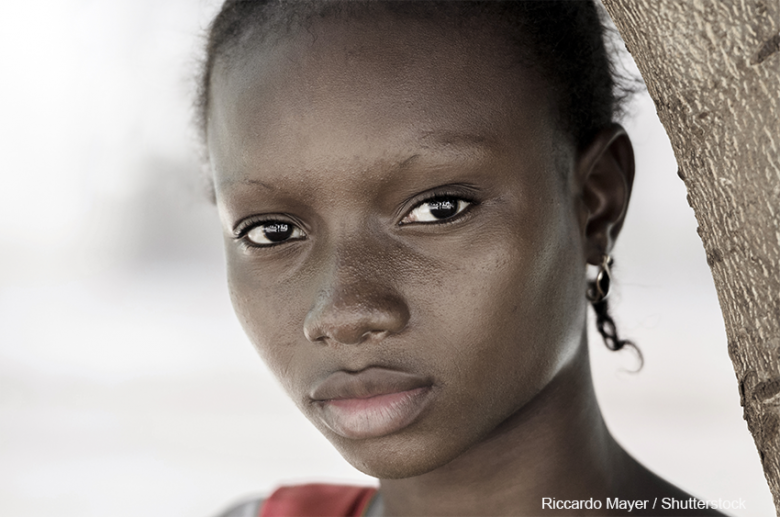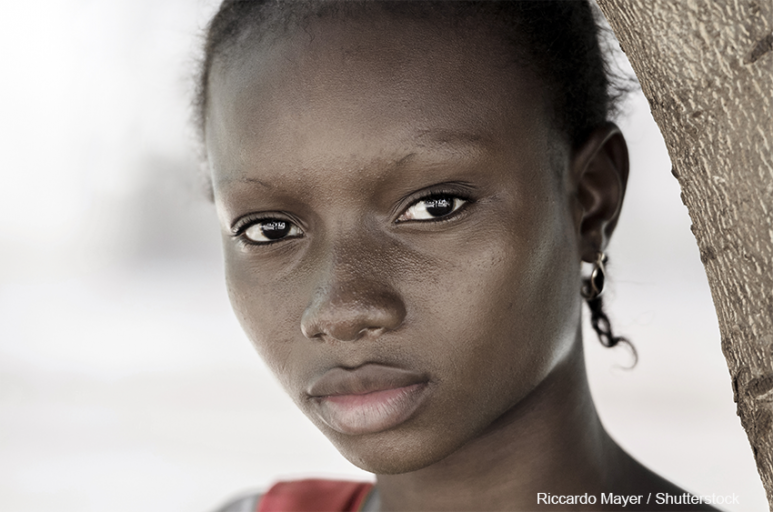By Raphael Mweninguwe
Intimate partner violence (IPV) remains one of the biggest challenges facing young girls and women not only in Africa but globally. Statistics show that Africa has the highest rate of IPV with Sub-Saharan Africa having a prevalence rate of 36% which exceeds the global magnitude 30%.

According to a 2023 report, in Mozambique the prevalence of IPV in young women aged 15 to 24 ranges from 36.6% to 47.8%. The report says like in many other African countries the rise in IPV amongst young women is a result of men’s failure to control their sexual behaviour, “suggesting an existing social acceptance of gender-discriminatory norms and the privilege of male dominance over women and young women’s low gender empowerment attitudes”.
The number of women and young girls experiencing physical or sexual abuse from their intimate partners is ever increasing with little or no solution in sight. A number of other factors are attributed to this including poverty, culture of silence and the fear of reprisals from family members when such cases are reported to relevant authorities.
IPV has an impact on intimate partners’ health which may include physical, sexual and mental. It can also increase the risk of HIV transmission, according to a study published mid-2023.
Reporting IPV in Africa can be a difficult thing to do. Culturally when in a relationship, men are the heads of households and women fear reporting their partners because when such a man is jailed the woman will not get financial support from family members.
How can the media break the silence?
“I think the media can help in addressing IVP by first embarking on sensitisation of the public to understand that the act is not normal and when such cases occur they must be reported to relevant authorities,” says Ellard Manjawire, Senior Lecturer in Media and Journalism at the Malawi University of Business and Applied Sciences (MUBAS) in Blantyre Malawi.
Manjawire is of the view that reporting IPV either to the media for publication or the relevant authorities such the police will help reduce cases of IPV.
“Once it is widely known, any partner with such habits will be afraid of being reported and in the process such violence is likely to stop or cases will decline in society,” he says.
IPV cases are rarely covered or are completely muted within the media space. But Manjawire thinks that lack of extensive coverage of IPV in the media has nothing to do with culture “only that the people who are experiencing IPV do not report it and the journalists assume nothing is happening”.
A new study has shown that using a digital chatbot such as WhatsApp or Facebook is proving to be an effective media tool in addressing the problem of IPV. According to the study, digital solutions could be the best approach to “scale efforts to reduce IPV among young women”.
“Chatbots may offer a promising strategy to support healthy norms and safe relationships,” concludes the study which explored the ‘effects of digital chatbot on gender attitudes and exposure to intimate partner violence among young women in South Africa’.
WhatsApp with over 2 billion users globally is seen as a means that can help women discuss IPV issues and get some support from each other. While admitting that social media such as Facebook and WhatsApp could offer a forum for women to explain their IVP experiences, Manjawire believes that in most cases the identities of the people affected are hidden for fear of either losing their marriage or being scorned by members of society.
“However, those who use social media, in Malawi for example, are in the minority and mostly in urban areas compared to the majority in rural areas who suffer more from IVP. So, we can say the extent to which social media is breaking the silence on IVP is very limited,” he says.
Annie Zulu, a freelance journalist based in Lusaka, Zambia, is of the view that social media is doing more harm than good.
“When women open up on such issues, they usually end up being ridiculed, blamed and harassed, sometimes even by fellow women. However, there are a few social media platforms that offer a safe space for women to discuss issues and seek solutions,” she says.
She says the media can provide space for victims of IPV by reporting more often on the issue which she says will help in sensitising the public and getting law enforcers and police to take action against the perpetrators of violence.
“But the only way to achieve this IPV coverage is to allow more women journalists within the newsroom to cover such stories. The only problem is that most newsrooms are headed by men, so stories on IPV are not given priority,” she says.
Women should open up
A number of women suffering from IPV do not seek help anywhere and they would rather suffer silently than report the perpetrators for legal action. A study published in July this year, Silent suffering: unveiling factors associated with women’s inability to seek help for intimate partner violence in sub-Saharan Africa (SSA), showed that 60.7% of women in the study would not report IPV and seek help after experiencing it. There are a number of reasons for this, according to the study, which includes women’s level of education, wealth status, marital status, age, occupation, and country of residence.
In the study, Mali in West Africa was found to have the highest rate of women’s inability to report IPV at 80.4% with Tanzania having the lowest rate at 43.1%.
“People who are seeking assistance must not keep quiet. They must be open,” says Jeffrey Moyo, a freelance journalist based in Harare, Zimbabwe, adding, “Matters to do with intimate partner violence should not be put under the carpet. They need intense media coverage without fear or favour”.
He says those affected must have the ability to report IPV to either the media or police if their plight is to be amplified.
An article, The portrayal of victims of intimate femicide in the South African media, published in the Journal of African Media Studies in 2020 sites four intimate femicide cases and how the media reported them.
In the article the media in South Africa is blamed for illustrating the murder of women by their intimate partners as isolated incidents rather than “a systemic problem situated within a social context of male dominance”.
It further highlights the failure by the media to convey the systemic nature of violence against women by their intimate partners and blaming it further on the culture of race and class-based oppression.
“Indeed journalists fall prey to their cultural inclinations which determine how to report on cases of intimate partner violence,” says Moyo.
He says while journalists are part of the culture that oppresses women, they must not be a party to the intimate partner violent crimes “but report the issues as they happen”.
In the war-torn Sudan the UN says violence against women including IVP is on the rise, but incidents are not reported. It says given the significant underreporting of gender-based violence, the real number of cases is undoubtedly far higher.
In war-torn areas issues of IPV are difficult to report because in such cases the media becomes a target and women themselves are also afraid especially in the African context to report IPV because of shame, stigma and fear of reprisal.
According to the UN, the media’s framing of IPV has the ability to influence the public’s attitudes, beliefs, and attributions of responsibility with regard to gender-based violence.
“In war-torn countries like Sudan, I think the media can still report on IVP acts without being targets by not mentioning names of those affected. They can do that by adopting a feature style that uses no real names but reporting on real cases to avoid exposing the affected and the repercussions that can follow,” says Manjawira.
He says in doing so the issue will become known to the public, and in the process the perpetrators will know that their actions have been exposed and this exposure might lead to reduction of such intimate partner violent cases.
While the media in Africa can do great work in helping to tame a ‘monster’ called IPV, the continent needs to empower women economically, socially and do away with cultural practices that oppress women, and do not give them a voice or a say. If that happened, IPV could be a thing of the past or at least dramatically reduced

